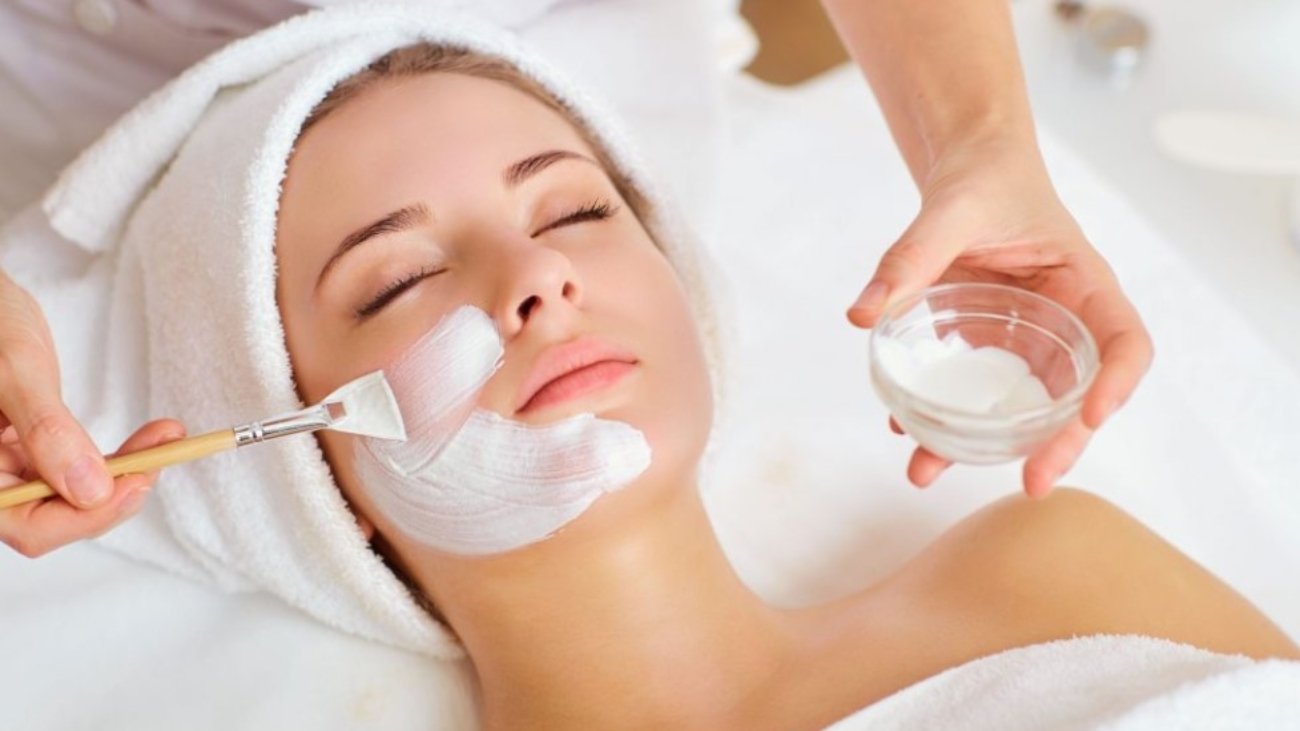Hormonal acne can feel like an unwelcome guest that refuses to leave, often rearing its head at the most inopportune times—whether it’s during your menstrual cycle, stressful periods at work, or significant life changes. If you’ve found yourself battling these stubborn breakouts, you’re not alone. Understanding the causes and implementing effective strategies can make all the difference in regaining control over your skin. Let’s explore what hormonal acne is, what causes it, and actionable tips to help you tackle it effectively.
What Is Hormonal Acne?
Hormonal acne is primarily caused by fluctuations in hormones that significantly impact your skin’s oil production. These fluctuations typically occur during puberty, menstruation, pregnancy, or even as a result of hormonal disorders. The increase in androgens—male hormones—can lead to an overproduction of sebum, clogging pores and causing acne.
This type of acne often appears as deep, painful cysts usually located on the lower face, chin, and jawline. Patients may also experience accompanying symptoms such as increased oiliness, sensitivity, and redness. Understanding these symptoms is crucial in addressing and treating hormonal acne effectively.
Common Causes of Hormonal Acne
1. Menstrual Cycle
The most common trigger for hormonal acne is the menstrual cycle. Many women experience breakouts in the week leading up to their period due to a surge in progesterone and testosterone.
2. Polycystic Ovary Syndrome (PCOS)
PCOS is a hormonal imbalance that can lead to higher levels of androgens. This condition not only causes acne but may also result in irregular periods, excessive hair growth, and weight gain.
3. Stress
Stress activates the adrenal glands, which can produce more androgens, exacerbating acne.
4. Diet
Certain dietary choices, particularly those high in sugar and dairy, can promote inflammation and lead to hormonal imbalances. These imbalances contribute to the production of excess oil in the skin.
5. Medications
Some medications, such as corticosteroids and hormonal contraceptives, can affect your hormone levels, triggering acne.
Effective Strategies to Combat Hormonal Acne
1. Establish a Consistent Skincare Routine
A solid skincare routine tailored for acne-prone skin is crucial. Here are the basics:
- Cleanser: Use a gentle, sulfate-free cleanser to remove dirt and excess oil without stripping your skin.
- Exfoliation: Incorporate a chemical exfoliant (like salicylic acid) to help unclog pores and reduce inflammation.
- Moisturizer: Even oily skin needs hydration. Look for oil-free, non-comedogenic moisturizers.
- Sunscreen: Protect your skin from UV damage with a broad-spectrum SPF.
2. Consider Specific Treatments
- Topical Retinoids: These vitamin A derivatives promote cell turnover, helping to keep pores clear.
- Benzoyl Peroxide: Known for its antibacterial properties, it can be effective in treating existing breakouts.
- Hormonal Treatments: Birth control pills can help regulate hormone levels, particularly in women suffering from PCOS.
- Spironolactone: This medication blocks androgen receptors and can be effective in managing hormonal acne, especially in women.
3. Lifestyle Modifications
- Manage Stress: Incorporate stress-reducing techniques into your routines, such as meditation, yoga, or deep-breathing exercises.
- Balanced Diet: Focus on whole foods. Incorporate plenty of fruits, vegetables, whole grains, and lean proteins while limiting sugar and dairy.
4. Hydration and Sleep
Adequate hydration and sleep are essential for maintaining healthy skin. Aim for at least eight glasses of water a day and try to get 7-9 hours of sleep each night. Both play a crucial role in regulating hormone levels and reducing inflammation.
5. Track Your Hormones
Keeping a menstrual diary can help you identify patterns related to your hormonal fluctuations. Tracking your cycle will help you prepare for potential breakouts and manage expectations regarding skin changes.
6. Seek Professional Advice
If hormonal acne persists despite your best efforts, it may be time to consult a dermatologist or endocrinologist. They can provide tailored advice based on your unique skin type and hormonal profile.
Conclusion: Regain Your Skin Confidence
Hormonal acne can be a frustrating condition, but understanding its causes and implementing effective strategies can help you manage it more effectively. By establishing a consistent skincare routine, considering treatments that target hormonal fluctuations, and making lifestyle modifications, you can regain control over your skin’s appearance. Always remember that achieving clear skin takes time, patience, and often a combination of different approaches.
Your journey may require some trial and error, but don’t lose hope. With the right strategies and support, you can tackle hormonal acne and enjoy a clearer, healthier complexion. Keep track of your progress and remember: you’re not alone in this journey. Embrace your natural beauty and take the necessary steps to feel confident in your skin once again.


Add a Comment